Cornelius H. Charlton was a soldier in the United States Army during the Korean War. He received the Medal of Honor for his actions near Chipo-ri, South Korea on June 2, 1951.
Charlton was born to a coal mining family in West Virginia in July of 1929. He moved to The Bronx in New York City during World War II. Enlisting out of high school in 1946.
During a battle for Hill 543 near the village of Chipo-ri, Charlton took command of his platoon after its commanding officer was injured, leading it on three successive assaults of the hill.
On June 2, C Company moved to capture Hill 543 near the village of Chipo-ri. The hill was protected by heavily entrenched Chinese infantry as well as mortars at the top of the hill. During their first attempt to advance up the hill, the company took heavy casualties, and the 3rd Platoon leader was mortally wounded. Charlton took command of the platoon and reorganized it for another attack. However, a heavy intense fire forced the company back down the hill.
Three times, Charlton led the platoon up the hill, in the face of intense Chinese mortars and infantry fire. In spite of mounting casualties, the platoon made slow progress. Charlton single-handedly destroyed two Chinese positions and killed six Chinese soldiers with rifle fire and grenades. During one advance, Charlton was wounded in the chest, but he refused medical treatment and pushed the company forward. Charlton continued to lead the attack from the front of the platoon, and several times was separated from the unit. Most accounts note Charlton continued the advance “holding his chest wound with one hand and an M1 carbine with the other.”
Under Charlton’s leadership, the platoon managed to overcome the Chinese infantry positions, but it spotted a Chinese bunker on the far side of the top of the hill, where the Chinese mortars were firing on them. As recounted by Private First Class Ronald Holmes, one of the men in the platoon, Charlton decided to destroy the bunker, and with his last known words, “Let’s go,” he urged the platoon forward, charging at the front of the formation ahead of the rest of the soldiers. In one final action, Charlton advanced alone to the top of the hill and the location of the Chinese mortars, firing repeatedly on the emplacement there. The Chinese troops wounded Charlton one final time with a grenade, but he continued firing until the position was destroyed. Charlton later died from the wounds inflicted by the grenade.
In the following years, Charlton was honored numerous times but was controversially not given a spot in Arlington National Cemetery, which his family claimed was due to racial discrimination. The controversy attracted national attention before Charlton was finally reburied in Arlington in 2008.
source:
http://www.wvculture.org/history/wvmemory/vets/charltoncornelius/charltoncornelius.html






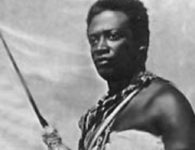
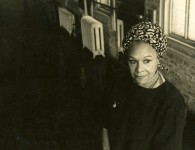
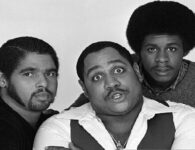
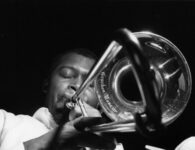
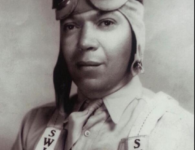
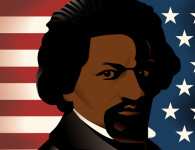
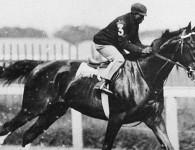
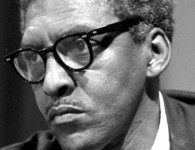
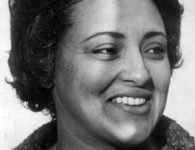
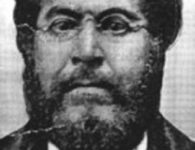
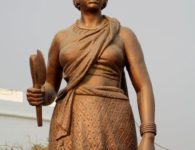

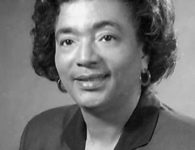


No comments